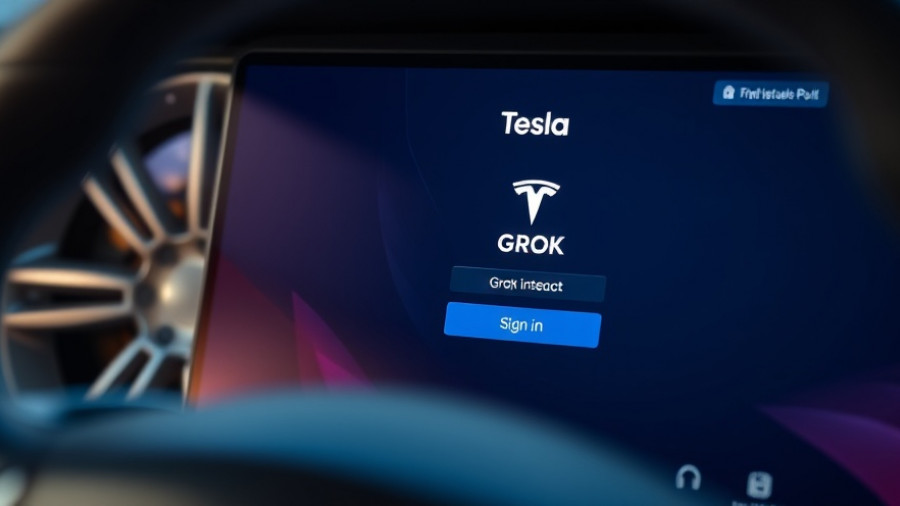
ChatGPT Triumphs Over Grok in Chess Tournament
In what can be regarded as a landmark event in the realm of artificial intelligence (AI), OpenAI's ChatGPT o3 emerged victorious against Grok 4, developed by Elon Musk's xAI, in a high-stakes AI chess tournament that showcased the competitive prowess of large language models (LLMs). The three-day competition, hosted on the Kaggle platform, drew attention not only for its thrilling matches but also for the groundbreaking nature of pitting general-purpose LLMs against each other instead of traditional chess engines.
The Rise and Fall of Grok in the Tournament
Initially, Grok 4 made a strong impression, leading the tournament with remarkable performances. However, as the competition progressed, Grok's fortune took a turn during the final match, highlighting the unpredictable nature of AI behavior in strategic contests. Musk downplayed the loss, attributing Grok's earlier successes to what he termed a 'side effect,' suggesting that the results of the tournament might not fully reflect the true potential of the algorithm.
Insights into the Tournament's Unique Format
The tournament featured eight different AI models, including notable entries from Google, Anthropic, and Chinese developers like DeepSeek and Moonshot AI. The structure followed standard chess rules but emphasized the multi-functional capabilities of LLMs under real game conditions. This innovative setup allowed for valuable insights into how these technologies can deal with abstract reasoning and strategic planning—skills essential for chess.
The Future of AI in Competitive Environments
The implications of this event extend beyond mere bragging rights among developers. As ChatGPT took the crown, it raises intriguing questions about the adaptability of AI systems in complex environments. With open-source frameworks allowing developers to collaborate and innovate, the future of AI-driven competition can be bright, spurring advancements that could allocate resources more efficiently across various industries.
Response from Industry Leaders
Industry experts and observers are closely monitoring the outcomes of this tournament. Many express curiosity about the future of AI technologies following such contests. According to observers, tournaments like these not only foster advancements in AI methodology but also provide benchmarks for evaluating the efficacy of emerging models against established technologies.
What This Means for AI Development
While Grok 4 showcased commendable performance, the rise of ChatGPT o3 might shift investment and development strategies within AI companies. Elon Musk’s commentary on Grok’s defeat suggests a nuanced understanding of how AI technology works under competitive stress—something that can influence future endeavors, including how AI is integrated into real-world applications.
Conclusion: What Lies Ahead for AI and Chess
The chess tournament's conclusion can serve as a pivotal reference point that informs decisions within tech companies like xAI and OpenAI regarding their AI models. By analyzing the strategies employed during the matches, organizations will not only enhance their future AI designs but also expand the overall understanding of artificial intelligence's capabilities in strategic problem-solving. As companies continue to push the boundaries of AI development, the lessons learned here could reshape the landscape of both AI technology and competitive gaming.
 Add Row
Add Row  Add
Add 




Write A Comment